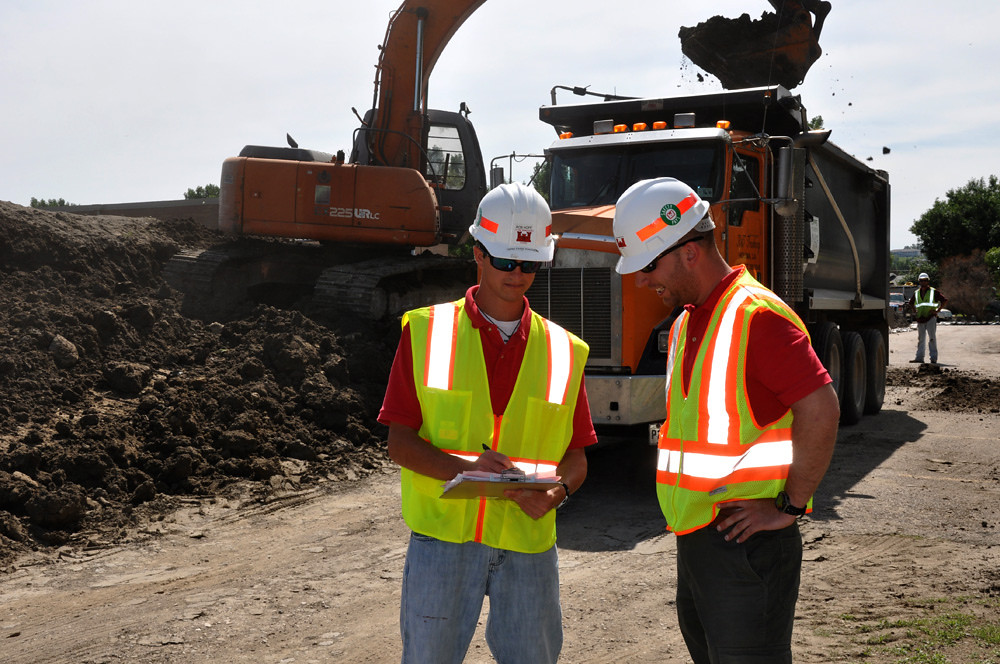
Quality inspection in the construction industry is paramount. As structures form the backbone of our societies, the assurance that they’re built to the highest standards is crucial. To become a skilled quality inspector in the construction field, one needs to merge technical know-how with a keen observational aptitude. Here’s a roadmap to help you achieve that goal:
-
Educational Foundation
- Formal Education: Begin with at least a high school diploma. However, many companies prefer candidates with a bachelor’s degree in construction management, civil engineering, or a related field.
- Courses: Engage in courses related to building codes, construction materials, and quality control methods.
-
Hands-on Experience
- Start at the Bottom: Consider starting as a laborer or assistant to understand the basic operations and materials used.
- Apprenticeship: Seek apprenticeships to gain practical insights under the mentorship of experienced inspectors.
-
Certifications
- Earn relevant certifications, which can significantly boost your credibility. For instance, the American Society of Civil Engineers (ASCE) and the American Construction Inspectors Association (ACIA) offer recognized certifications in this domain.
-
Develop a Detail-Oriented Approach
- Being meticulous is key. Quality inspectors must spot minor discrepancies that could lead to major issues down the line.
-
Stay Updated
- The construction industry, like many others, evolves constantly. New materials, techniques, and technologies emerge regularly. Attend seminars, workshops, and refresher courses to stay updated.
-
Understand Building Codes and Regulations
- Familiarize yourself with local, state, and federal building codes. Inspectors must ensure that all constructions comply with these regulations.
-
Improve Communication Skills
- As an inspector, you’ll need to convey your findings clearly, both in written reports and orally. Strong communication ensures that any potential issues are addressed promptly and correctly.
-
Invest in the Right Tools
- Quality inspection requires specific tools to measure, test, and evaluate different construction elements. Familiarize yourself with these tools and know when and how to use them.
-
Join Professional Organizations
- By joining bodies like the National Association of Home Inspectors or the Construction Management Association of America, you can network, access training resources, and stay updated with industry trends.
-
Cultivate Ethics and Integrity
- The reputation of a quality inspector rests on their integrity. You must offer unbiased, accurate assessments without any external influences.
-
Safety First
- The construction environment is inherently hazardous. Always prioritize safety by familiarizing yourself with safety standards and wearing the necessary protective equipment.
-
Specialize if Necessary
- Depending on the region and type of constructions predominant there, consider specializing. For example, if you’re in a coastal region, understanding marine construction might be beneficial.
Conclusion Becoming a skilled quality inspector in the construction industry requires a blend of education, experience, and an ongoing commitment to excellence. By adhering to this roadmap, you can ensure that the structures you inspect stand the test of time and provide safety and security to their occupants.